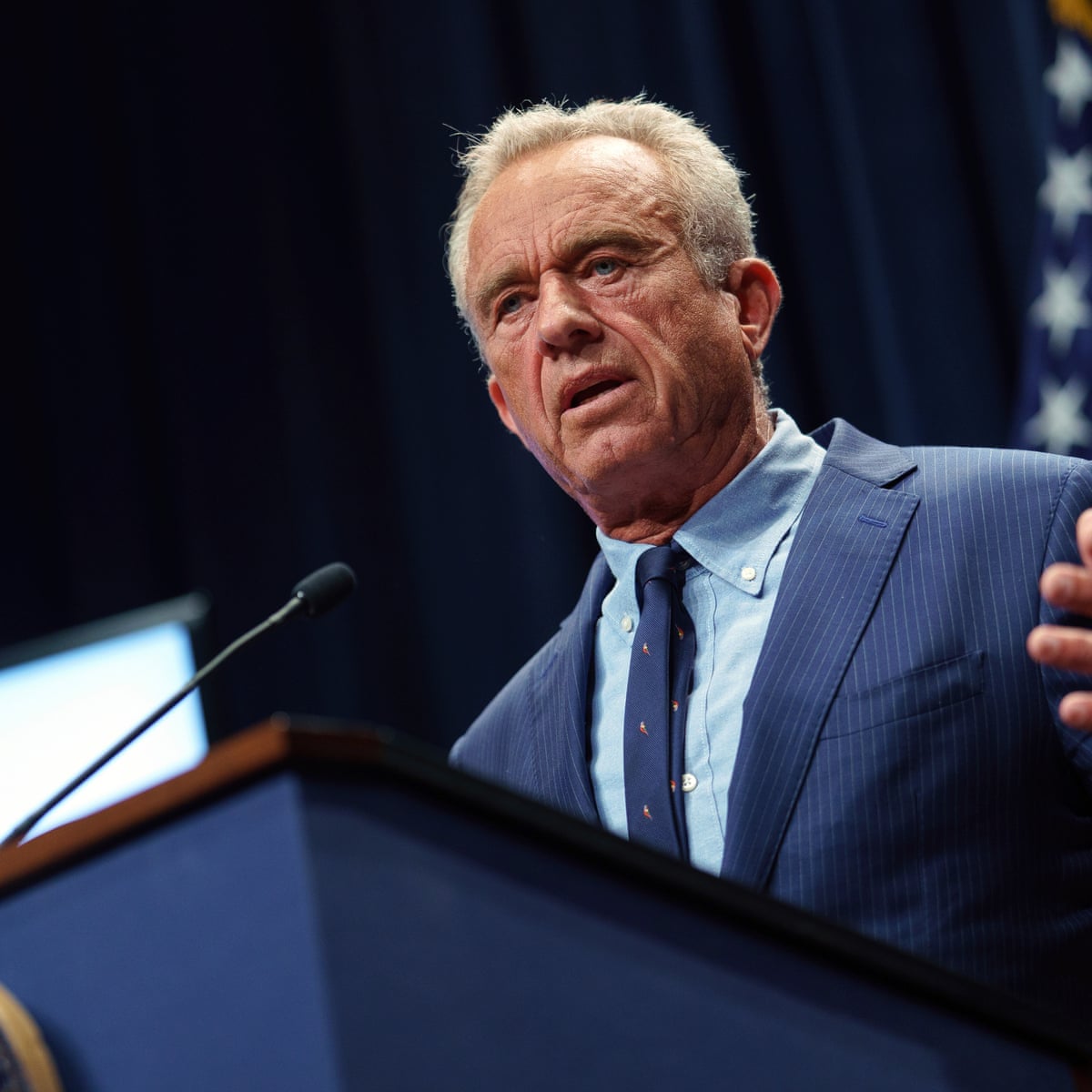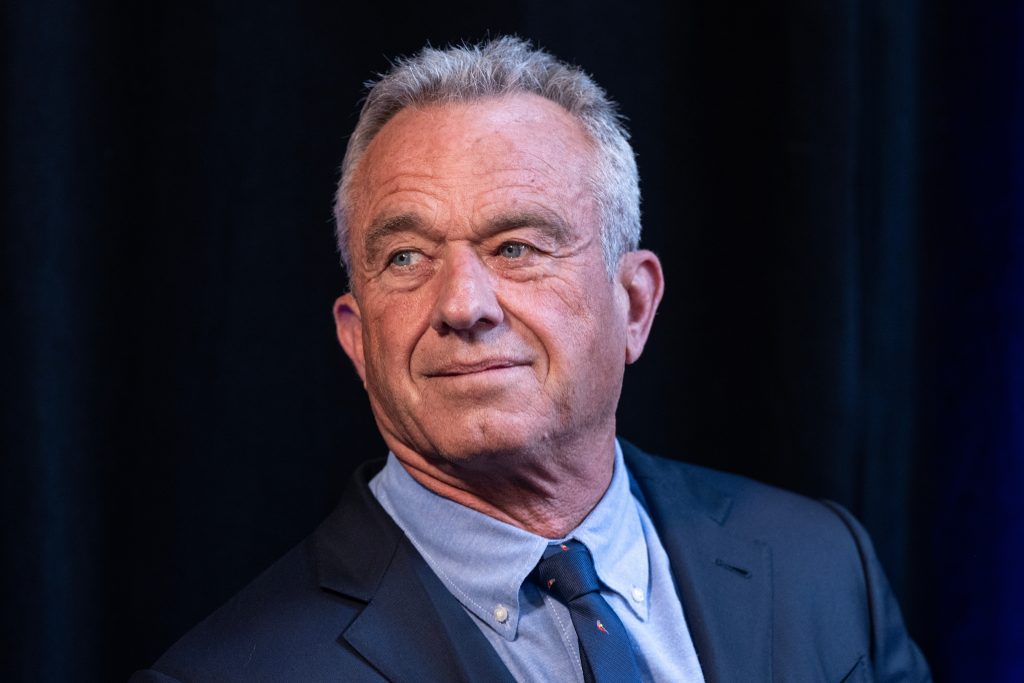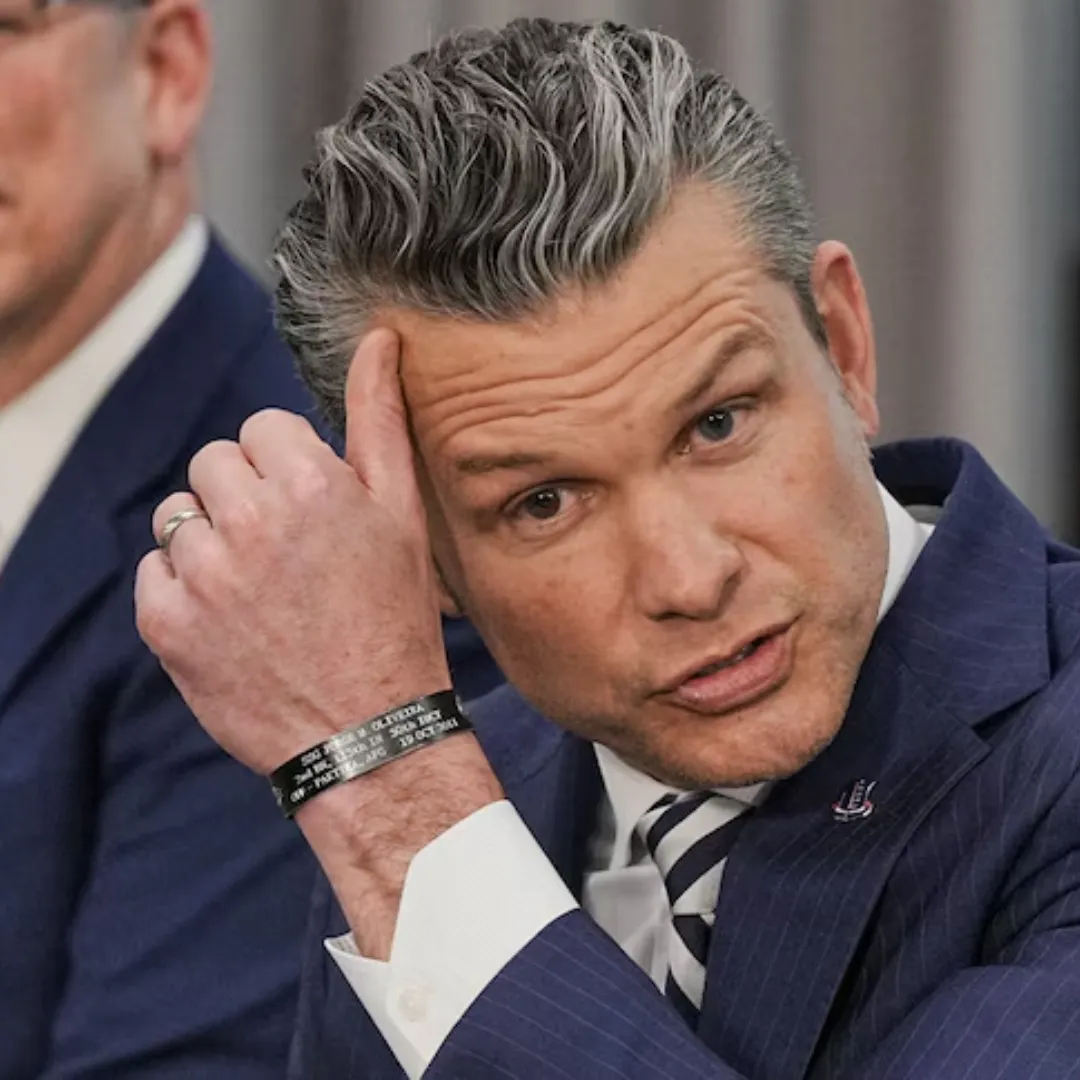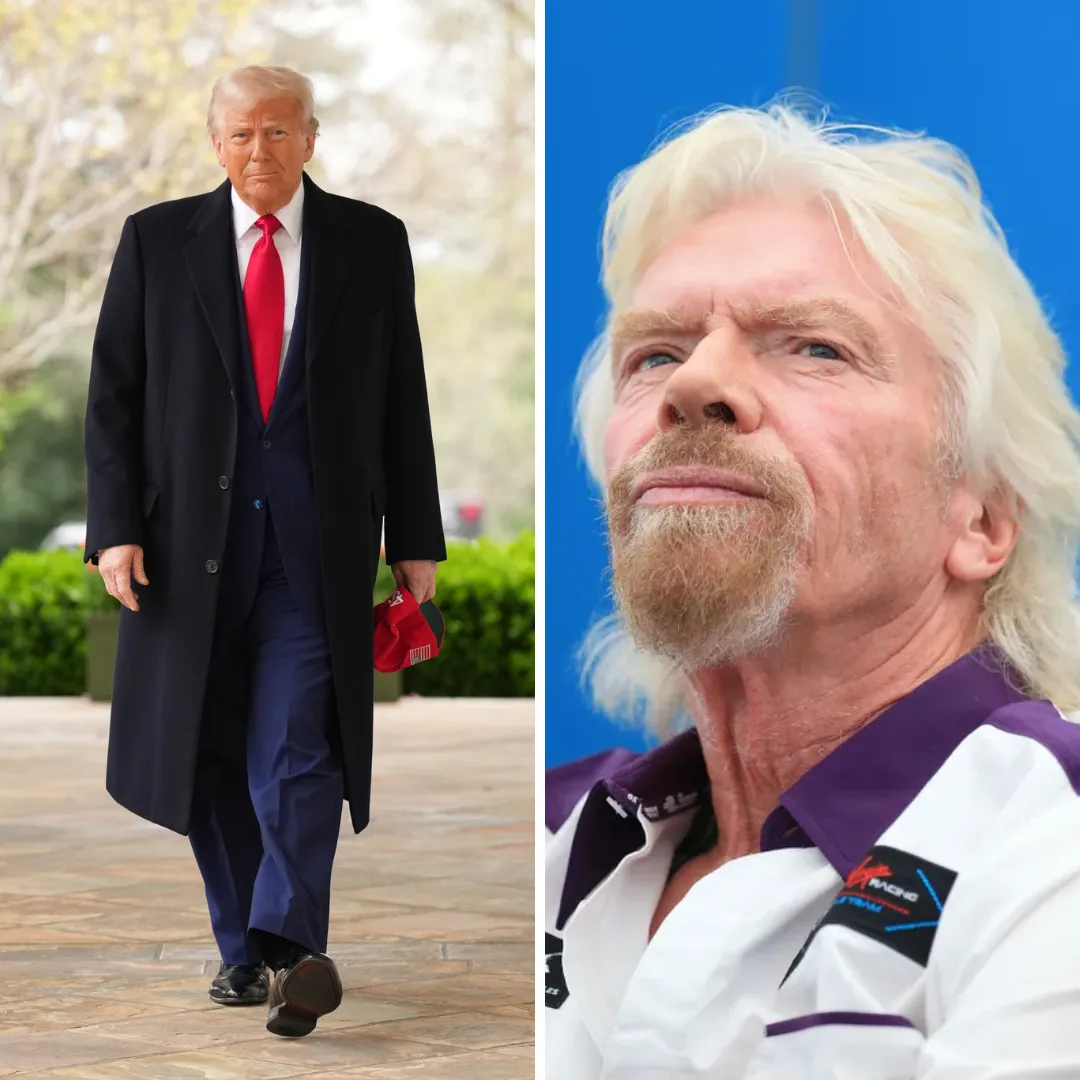
Health and Human Services Secretary Robert F. Kennedy Jr is facing growing public and professional criticism after making controversial remarks during a press briefing earlier this week regarding the prevalence of autism and its apparent lack of visibility among older generations.
His comments, delivered during a televised address on the findings of a recent Centers for Disease Control and Prevention report, have reignited long-standing concerns about his scientific credibility and fitness to lead one of the nation's most critical health agencies.
Kennedy, who has repeatedly linked childhood vaccinations to the development of autism spectrum disorder despite decades of medical research discrediting the claim, questioned why autism appears to affect primarily younger individuals and not older adults.
"It just takes a little common sense," Kennedy said at the Wednesday briefing. "If the epidemic is an artifact, a better diagnostic criteria or better recognition, then why are we not seeing it in older people? Why is this only happening in young people?"
He continued by questioning whether Americans had ever encountered elderly individuals displaying the kind of behaviors associated with what he referred to as "full-blown autism."
"Have you ever seen anyone... 71 years old, with full-blown autism?" Kennedy asked. "Head-banging, nonverbal, non-toilet trained, spinning, toe-walking... these other stereotypical features?"
He then posed a rhetorical question meant to cast doubt on the increasing autism diagnosis rates.
"Where are these people walking around the mall? You can't find them," he said. "They're not in homes, there are no homes for them, there are no institutions... anybody can look around and see that this is a canard."
The comments were met with immediate backlash from both experts in the field of developmental disorders and members of the general public. Critics accused Kennedy of not only displaying a fundamental misunderstanding of autism spectrum disorder, but also of promoting dangerous misinformation and stigmatizing individuals who are autistic.

Social media was flooded with reactions, many expressing disbelief that the head of a major health agency could make such claims.
"My god... he is unfit to lead this agency," one user wrote.
Another posted, "OMG HE CANNOT BE THIS STUPID!"
Others pointed to more nuanced explanations for why autism may appear to be more common among younger generations, including the relative novelty of diagnostic frameworks for autism, changes in social awareness, and improved detection methods.
"I wonder if it might be because more young people get tested than older people?" one user posted sarcastically. "No, I'm sure all of the old hoarders, train collectors, and people who cover their furniture in plastic are just fine."
Experts quickly weighed in to clarify the many reasons why autism is more visible in today’s population, particularly among younger people. Diagnostic criteria for autism spectrum disorder have evolved dramatically over the past several decades.
As recently as the 1980s and early 1990s, autism was narrowly defined and often mistaken for other conditions such as intellectual disability, mental illness, or simple behavioral differences.
Before these advancements in diagnosis, many individuals who would today be identified as being on the autism spectrum went undiagnosed. Some were institutionalized under other diagnoses.
Others learned to mask their symptoms, especially those with higher-functioning forms of autism, and managed to live relatively undetected within mainstream society, though often at a great personal cost in terms of mental health and social isolation.
"My teaching career began in 1969," one retired educator posted. "I can look back now and realize that I had autistic students, but there were no diagnostics back then. They would be 68 now, still undiagnosed."
Many pointed out that the conditions of the past, in which people with developmental differences were removed from public life through institutionalization, also explain why Kennedy may not "see" older people with autism in everyday spaces like malls.
"The reason you don’t see a 71-year-old with severe autism at the food court isn’t because they don’t exist," one user wrote. "It’s because they weren’t diagnosed, they weren’t supported, and in many tragic cases, they didn’t survive into old age."

Data collected over the years have shown that people with autism, especially those who are nonverbal or have severe disabilities, often experience higher rates of mortality due to a variety of factors.
These include limited access to quality healthcare, increased vulnerability to accidents like drowning or choking, and mental health struggles that can lead to self-harm or suicide. As a result, a reduced life expectancy among this population is an unfortunate reality.
"Autistic people have greatly reduced life spans," one commenter wrote. "They aspirate, they drown, there are many reasons they don't grow to old age."
Others shared personal stories about family members who had displayed signs of autism for years but were only diagnosed later in life, or never formally diagnosed at all.
"My father is in his seventies," one individual shared. "His obsessive routines, difficulty with social cues, and intense interests made sense in retrospect once my son was diagnosed. But no one was talking about autism in the 1950s or 60s. He just got labeled as 'odd.'"
Kennedy’s remarks were not made in isolation. They follow a pattern of statements that have generated controversy throughout his career. Last week, he told reporters that his department would identify the cause of what he called the "autism epidemic" by September and suggested that the condition is "preventable."
These comments also drew criticism from scientists and autism advocates, who warned against promoting the idea that autism is something to be eliminated.
"Autism is not a disease to be cured or eradicated," one clinical psychologist wrote. "It is a neurodevelopmental variation that requires understanding and support, not fear and stigma."
Medical organizations such as the American Academy of Pediatrics and the Centers for Disease Control and Prevention have long maintained that there is no reliable evidence linking vaccines to autism.
Numerous studies involving millions of children around the world have found no causal relationship. Despite this, Kennedy has built a reputation for promoting vaccine skepticism, a stance that public health experts argue has contributed to vaccine hesitancy and the reemergence of preventable diseases.
The reappearance of these views from someone leading the Department of Health and Human Services is especially troubling to those working in public health and autism advocacy. Several major organizations have issued statements in response to Kennedy’s comments, urging him to consult with experts and reframe his understanding of autism in a way that is informed by science and respect for those on the spectrum.
"These statements reflect an outdated and harmful understanding of autism," said the executive director of one national autism foundation. "We urge Secretary Kennedy to meet with autistic individuals, clinicians, and researchers to better understand what autism is — and what it isn’t."
There is also growing concern about the impact such rhetoric may have on families of autistic individuals. Parents raising children on the spectrum face immense challenges, and they rely on accurate, compassionate information to make informed decisions.
Promoting misinformation, particularly from the highest levels of government, risks undermining that trust and creating additional confusion.
"Imagine hearing that your child has a 'preventable disease' because they are autistic," said one mother of two neurodivergent children. "That’s not just offensive. It’s terrifying. It tells families that their kids are broken when what they need is support and acceptance."
Kennedy’s role as a cabinet member in charge of national health policy also raises questions about how these views will influence broader decision-making on public health priorities. With trust in institutions already eroded by years of partisan conflict and pandemic-related tension, the leadership style and scientific grounding of those in power is more important than ever.
As the controversy grows, some lawmakers are calling for increased oversight into the department’s messaging and policies regarding neurodevelopmental disorders. Others are urging the administration to clarify its position and publicly reaffirm the scientific consensus on autism.
At the moment, Kennedy has not issued a clarification or apology for his statements. When asked by a reporter later that day if he would walk back his comments, he responded, "I stand by what I said. People need to open their eyes."

For many, the hope now is that the attention brought to these remarks can spark a more meaningful conversation about how society understands autism and how it supports those living with it — not through fear, but through facts, compassion, and inclusion.
Whether Kennedy adjusts his position or continues to lean into a narrative that many find misleading remains to be seen. What is certain is that the impact of his words has already been deeply felt by a community that has spent decades fighting for understanding, representation, and respect.



